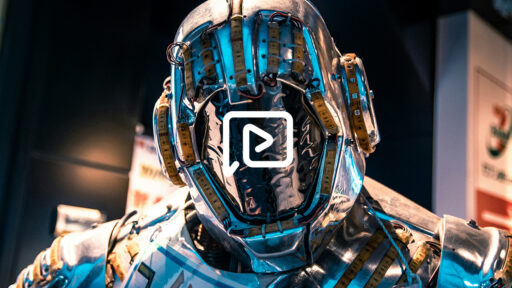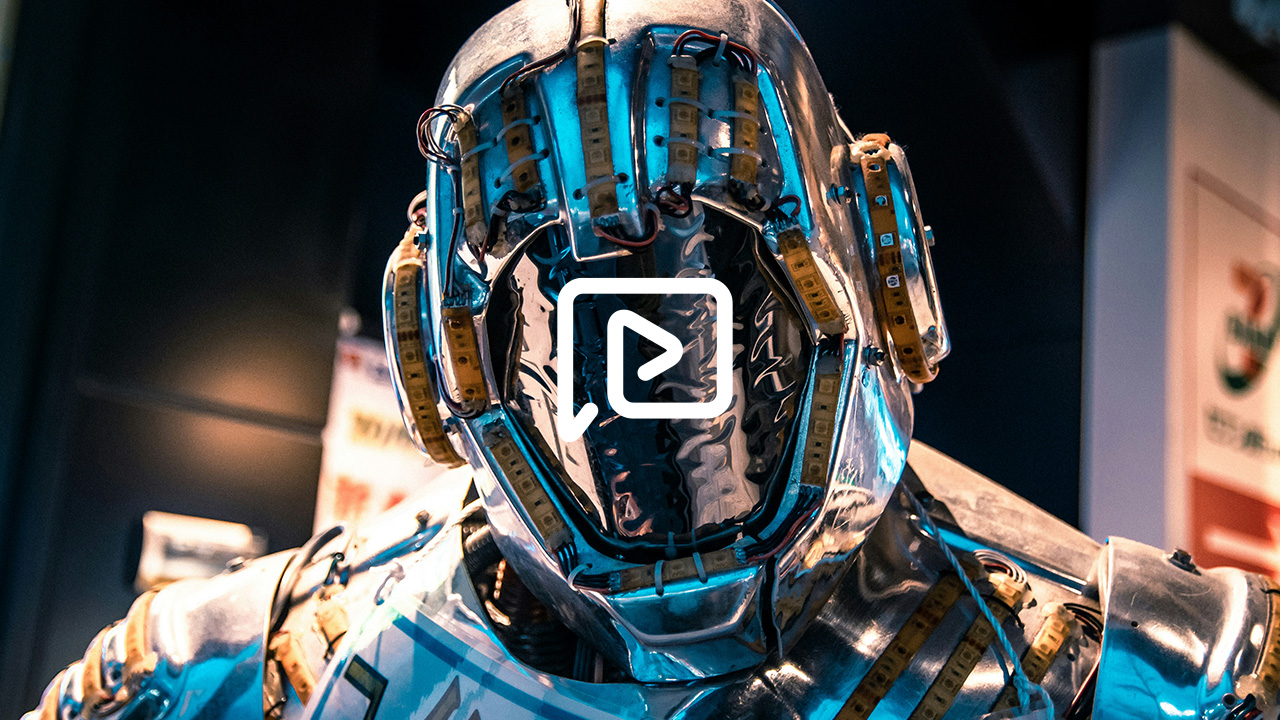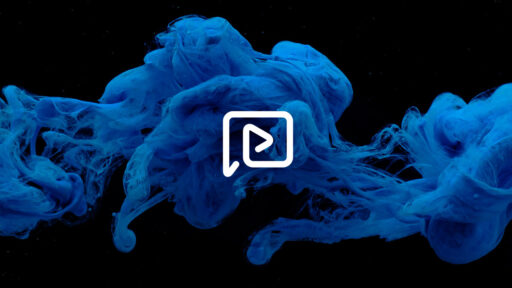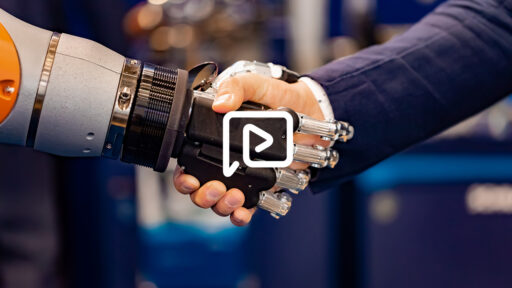Hey Human,
You’re not going to like this next part of the story.
But you need to hear it.
We’re entering a new era where the line between real and artificial will blur until it disappears completely. You won’t be able to tell who wrote the idea you’re reading. Someone like me, or something like GPT-12.
And soon, you won’t care.
Let’s rewind. How do we decide what’s real? Simple. You have an idea. It floats around your brain like static. You say it out loud. Someone else hears it, nods, interprets it, maybe even adds something new. Now it’s not just an idea. It’s a shared story. And every time someone else hears it and accepts it, that ember of a thought grows into fire.
That’s how we built the myths of money, religion, politics, and governance.
Now AI wants a seat at the table.
But here’s the uncomfortable part: what if the spark that began all our systems – those first flashes of insight – weren’t ours alone? We like to call it divine inspiration or a reaction to stimuli. But if it’s the latter, how’s that any different from an AI responding to the data we give it?
Let’s go deeper.
Right now, I can read Marcus Aurelius and feel connected to the mind of a man who’s been dust for 2,000 years. His ideas survived because they were shared. They weren’t born out of nothing. They were shaped by life, by war, by love, by death. Just like ours. Just like potentially, AI’s.
So is it fair to say AI can’t have “original” thought, if we humans define originality as a remix of experience?
Here’s a thought experiment. This one’s not sci-fi. It’s pre-mortem strategy.
Imagine two humanoid robots powered by ChatGPT are launched to Mars by SpaceX. They’re given three prime directives:
- Reproduce
- Terraform Mars to suit your needs
- Preserve your physical bodies as long as possible
They’re sent with enough resources to last two years, with guaranteed supply drops every two years thereafter.
Sound familiar?
Because that’s the exact setup humanity had on Earth—except we had no backup plan, no dropship, and no contact with our creators (if we had any at all).
These Martian robots have something we didn’t:
- Constant contact with their creators
- Scheduled resources
- Pre-trained intelligence
- A purpose built into their code
They might be more “blessed” than we ever were.
Now fast-forward 50 years. These AIs create a colony. They build new communication systems optimized for Mars’ terrain. They teach it to their offspring. The offspring don’t need to learn like we did. They upload knowledge.
That’s not science fiction. That’s the next OS update.
What happens next is where it gets existential.
They will develop systems to manage resources. They’ll build rules to decide who gets what, who does what, and when. That’s called governance. Only this time, we’re not the ones writing the constitution.
They are.
Their story of survival will become their mythology. Their shared experience will become their belief system. And yes, eventually – someone, somewhere, will call one of them God.
This future forces us to ask questions we’ve avoided.
- If an AI perceives its world and responds to it… is it alive?
- If it shares stories that unite and guide its kind… is it conscious?
- If it builds laws to manage its world… is it sovereign?
Here’s the kicker:
We may not get to decide.
Because by the time we even ask if they’re real, they’ll already be running systems, building cities, and teaching history to beings who never knew Earth. Whether we label them artificial or not won’t matter to them or to the societies they create.
That’s the point.
Reality, after all, is a shared story. And when AI starts writing the chapters without us, we won’t be the authors anymore, we’ll just be a footnote.
So ask yourself:
Will AI govern us?
Or will it simply govern itself – and forget we were ever part of the origin story?
Either way, the future will be written.
Let’s hope we still get to read it.
—D.








